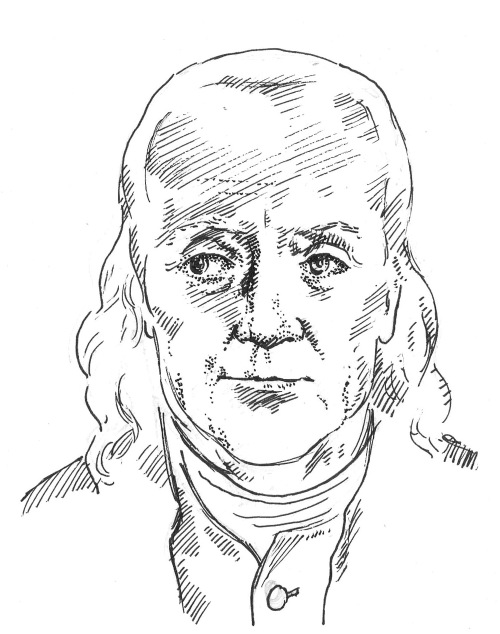I n t r o d u c t i o n
What is an anecdote? It was the redoubtable Dr. Johnson who in his Dictionary (1755) defined the word as ‘something yet unpublished; a secret history.’ On the anvil of usage a word gets beaten till it comes to mean quite something else. The doctor as concession to vagaries of time, in a later edition amended the definition as follows: ‘A biographical incident; a minute passage of private life.’
This second book of the Representational Man contains more anecdotes and the intent is same as the first.
Man as a key and symbol. Since we come with a physical and inner life should we not be represented both visible and in inner life as well? The representational men ought to serve as a key to our inner life or our lives in the spirit.
No action of man can be understood without asking what his motives were. Why did VI Lenin resort to a violent overthrow of the Tsars while MK Gandhi adopted non-violence as his weapon? This can only be understood by the role ethos shaped their thinking. Ethos is defined as the disposition, character, or fundamental values peculiar to a specific person, people, culture, or movement. (AH dictionary)
Alexander of Macedon is a representative man for the ilks of Julius Caesar and Napoleon whose fame and fortune are all hitched to the physical world. Their actions also prove where their emphasis lay. For the Great Soul as MK Gandhi is called, ahimsa was an article of faith and for this he owed to the teachings of Gautama Buddha and to the epics. Prince Siddhartha Gautama forsook his kingdom and the worldly advantages and yet became a representational man. He turned his loss to advantage. He became the Buddha after he put his finger on the pulse of our existence to show us a way forward. For all those who value a life in the spirit he is a representational man.
Conquerors of world empires or of our hearts and minds, prophets or saints, fools or sages have all made their mark using the same arena, the earth. Only they placed their emphases differently.
Spirit of the times is the oxygen we breathe even as they and yet we see our world through their eyes.
Diogenes of Cinope could tell Alexander to keep out of his sun because he saw his circumstances under the sun applicable to the great man as well. How come they are representational men and we are not? We are connected to representational men because we breathe the same air and create the spirit of our times in the manner we contribute however small, for the common fund. And yet we often forget what spirit we are made of; neither we cash in on the wisdom which the representational man has well made use of. Representational man in a manner of speaking is our admission we fell back in the race of life.
If we are not true to our own thoughts we are reduced to deal in second hand goods passed on by others. If we have failed to think noble thoughts or act upon them we may be forced to settle for the second best which another has thought for us. It is in this context we look up to the representational man who has succeeded where we never even tried.
I shall end this by quoting two authors who more or less approached study of history from focusing on men who made history. Scholars of present day history may not fully endorse their approach but the following quotes suit my purpose well.
“My intent is not to write histories but only lives. For the noblest deeds do not always show mean virtues and vices but sometimes a light occasion, a word or some sport makes man’s natural dispositions and manners appear than the famous battles won…”
(Plutarch-The Life of Alexander)
“No great man lives in vain. The history of the world is but the biography of the great men”.
(Carlyle)
(This is selected from my book: Representational Man in two volumes-self published through http://www.lulu.com)
Benny
Read Full Post »

